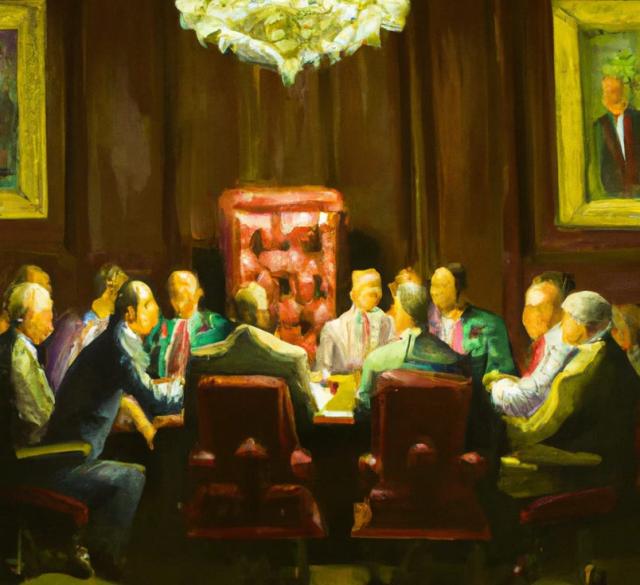Many congressional staffers I interview in my research say they wish that the same science groups visiting the other party's offices would also reach out to them.
When some staff feel ignored by scientists, they may not seek out their guidance on legislation.
The result is two different policy conversations happening on single issues by each party across Capitol Hill. That’s bad for democracy & chips away at the ability to compromise.
New post: sheril.substack.com/p/we-need-… #politics
This entry was edited (3 years ago)

Sheril Kirshenbaum
Unknown parent • • •@donaldball What I find, over & over, is that the groups who take the time & have the resources to make the rounds to congressional offices have more influence for all sorts of reasons.
And yes, there are certainly very visible attacks on science by some, but there are 535 members & thousands of staff. We tend to focus on the most outrageous & extreme, but they're not representative of everyone. Plus, a staffer's party affiliation doesn't always reflect that of their office.
Sheril Kirshenbaum
Unknown parent • • •@jkbecker if only it were that simple. Staff are super busy juggling a lot of policy issues at once while being bombarded with multiple meetings on the same issue each day by all sorts of groups. If the science community - especially scientists already engaged in & focused on policy - hope to have greater influence, we need to learn more about the culture of the Hill.
I write this as a scientist & former Senate staffer who studies where staffers get scientific information.
Ben Pierce
in reply to Sheril Kirshenbaum • • •Sheril Kirshenbaum
in reply to Sheril Kirshenbaum • • •* New friends on Mastodon - The link above is to Unelected Representative, a newsletter solely focused on my current research/dissertation about scientific decision making in the U.S. Congress.
I started writing on substack last December & so far it’s been quite helpful & interesting to explore & unpack ideas there. Thanks to those reading along! /2
nyork
in reply to Sheril Kirshenbaum • • •Drew Mochak
in reply to Sheril Kirshenbaum • • •